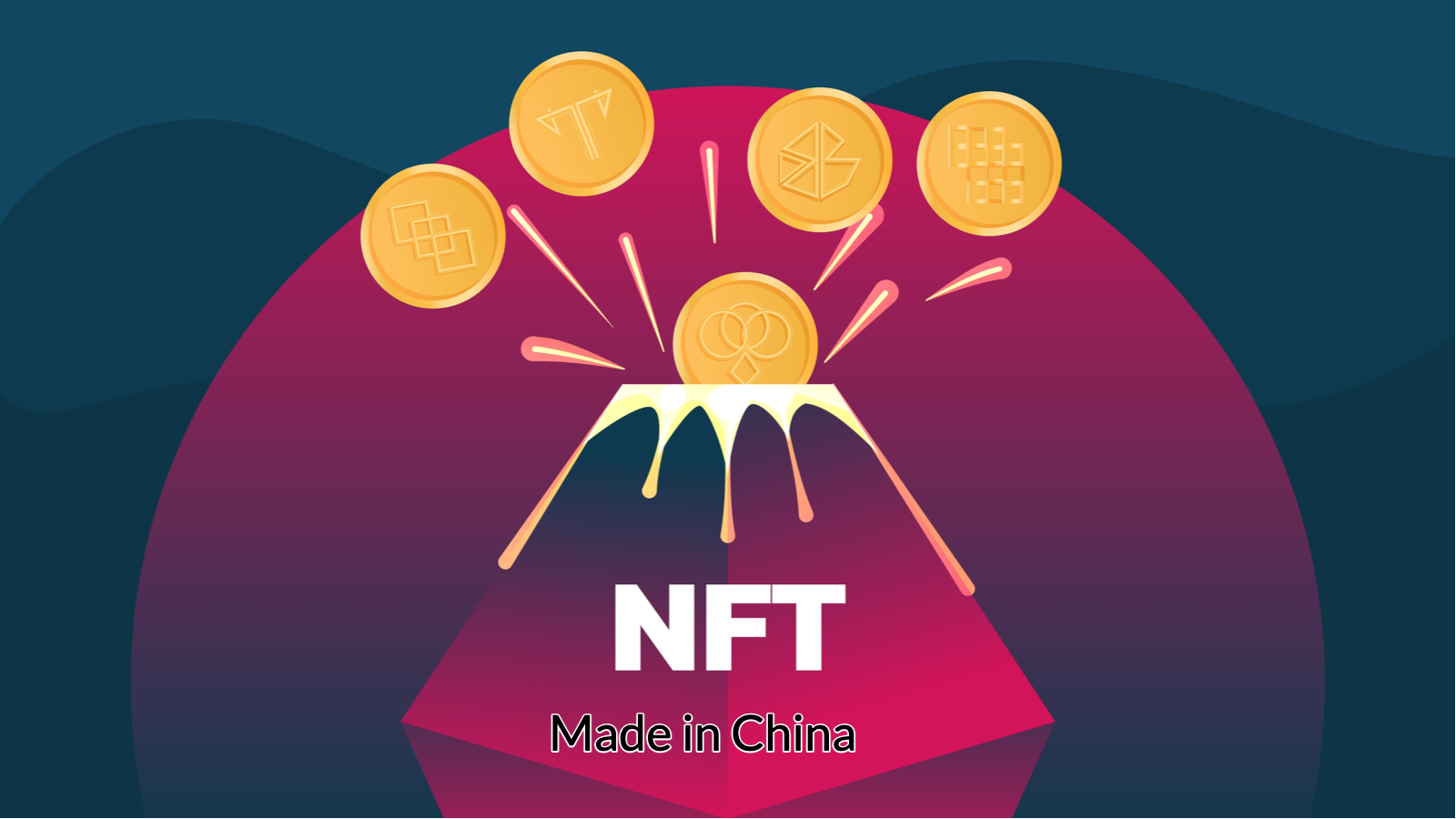NFT
Nonfungible tokens have been on the recovery road since the start of 2023 after a severe bearish market. As a result, NFTs have caught the attention of Chinese authorities. China’s national agency that is responsible for legal prosecution, the Supreme People’s Procuratorate, recently published a document aimed at establishing a legal infrastructure for nonfungible tokens.

What China Authorities Said About NFTs
The Supreme People’s Procuratorate has released the guidelines to help address the process of handling NFTs. It insisted on the need for an extensive risk assessment and suitable punishment for the associated crimes.
In their official document, Chinese authorities are specifically working hard to differentiate between “true innovation” and “pseudo-innovation.” This report expounds on a legal point of view that users, when they purchase NFT digital assets, do not need ownership in the conventional sense as it is described by civil law.
Additionally, consumers appear to be powerless in preventing other users from copying, accessing, and sharing the digital assets signified by NFTs, as highlighted in the document. Nevertheless, what these consumers manage to retain is an exclusive privilege to safeguard the ownership record published on the blockchain from possible changes.
Notably, the Supreme People’s Procuratorate has expressed apprehension about NFTs, mainly because of their similarity to virtual assets. These assets are already banned in the country.
Interestingly, the authorities are pointing to the risks linked to NFTs and are specifically questioning the real ownership and control of digital art, as written by the supreme prosecution agency of China.
What Future Developments Might Come Up?
The authorities in China seem to be responding to the fact that NFTs are rapidly gaining popularity in the Asian nation. The popularity seems paradoxically enhanced by the ban set on crypto trading and all other associated services. This ban was put in place in 2021 and it has nearly eradicated all local crypto sector operations.
Based on the argument by the authorities, NFTs can be copied, duplicated, and distributed. This can prevent the consumers from fully enjoying their ownership rights. The issue of real ownership in the virtual world remains a massive challenge in their view.

Nevertheless, China reorganizes the potentials offered by blockchain technology and the development potential of NFTs. The Asian powerhouse seems interested in blockchain and its various uses. Yet, the government appears eager to control the new sector and reserve it for different nationalized uses.
The Chinese government is already planning for the launch of an NFT marketplace to allow users to trade digital collectibles. It will be hosted on the China Cultural Security Chain network.


